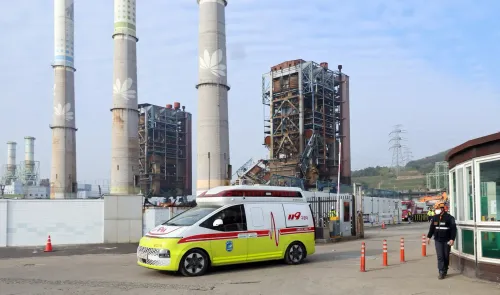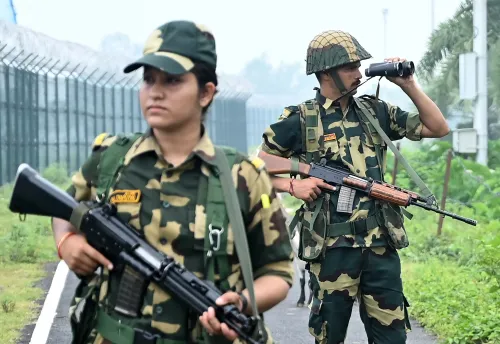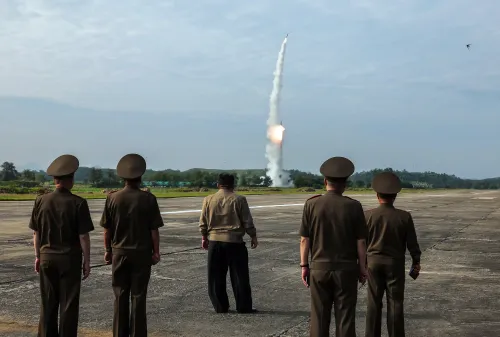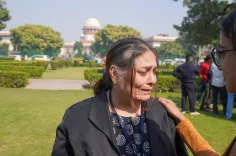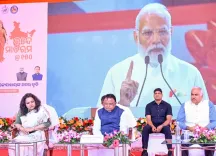Anita Anand Withdraws from Canadian PM Contest and Will Not Seek Re-election
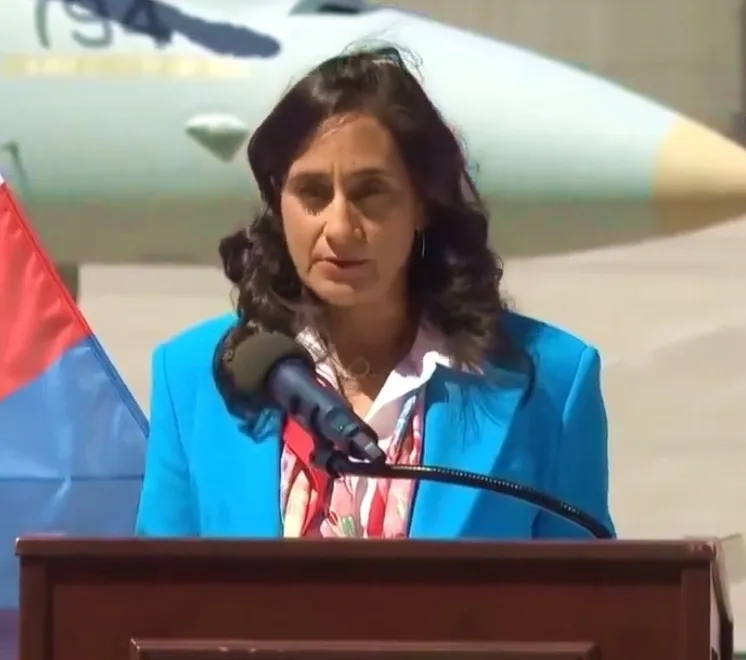
Ottawa, Jan 12 (NationPress) Anita Anand has officially withdrawn from the contest for Canada's prime ministership and has declared that she will not pursue re-election to parliament either.
The Transport Minister made the announcement on Saturday afternoon, revealing that she intends to follow Prime Minister Justin Trudeau's lead by embarking on a new chapter in her career, which will take her back to academia.
With the Liberal Party's leadership race seemingly heading towards a standstill, especially in light of an election cycle that appears to benefit the opposition Conservative Party and its leader Pierre Marcel Poilievre, two other notable figures, Foreign Minister Melanie Joly and Finance Minister Dominic LeBlanc, have also stepped back from the competition to succeed Trudeau, who announced last week his plans to step down.
In her statement on X, Anand, who has previously held a significant role as the Minister of Defence, remarked, “Now that the Prime Minister has made his decision to transition to his next chapter, I have concluded that the time is right for me to do the same, and to revert to my previous professional endeavors in teaching, research, and public policy analysis.”
Anand, an expert in business and finance law, was a tenured law professor at the University of Toronto and held visiting lecturer positions at Yale University in the US before venturing into politics and becoming the MP for Oakville in Ontario in 2019.
Reflecting on her roots, she shared, “During my initial campaign, numerous individuals told me that a woman of Indian descent would struggle to get elected in Oakville, Ontario. However, Oakville stood by me not just once but twice since 2019, a privilege that I will cherish forever.”
Her father, S.V. Anand, was the son of a freedom fighter from Tamil Nadu, V.A. Sundaram, while her mother, Saroj Ram, hails from Punjab, and both were medical professionals who immigrated to Canada.
Joining the Trudeau cabinet in 2019 as the Minister of Public Services and Procurement, she distinguished herself by ensuring that Canada was adequately supplied with medical equipment and vaccines during the COVID-19 pandemic.
In 2021, she was appointed to the high-profile Defence portfolio and later transitioned to the role of President of the Treasury Board, a ministerial position overseeing government operations broadly.
Last year, she took on the role of Transport Minister, expanding her responsibilities to include the internal trade portfolio.
Reflecting on her swift ascent in government, she noted, “Back in 2019, I could never have envisioned that my work would entail navigating supply chains to manage a global pandemic, addressing issues of sexual assault within the Canadian Armed Forces, ensuring military assistance reached Ukraine, overseeing the Treasury Board Secretariat, or fortifying Canada's transportation systems.
With his popularity plummeting, Trudeau has declared he will resign once a new Liberal Party leader, who will automatically assume the role of prime minister, is chosen under the oversight of party President Sachit Mehra.
The party has stated that the leadership election will conclude by March 9, just before parliament reconvenes on March 24.
Opposition parties have signaled intentions for an immediate non-confidence vote, which could trigger earlier elections than the expected October timeline when the House of Commons term is set to expire.
An Abacus poll released after Trudeau's announcement indicated that the opposition Conservative Party holds a significant 27 percent advantage, garnering 47 percent support among voters compared to the Liberal Party's 20 percent.
With only weeks or months available to reverse the fortunes of the Liberal Party, potential leaders are hesitant to assume the role of prime minister for a brief period, only to lead the party towards what seems to be an inevitable defeat in the forthcoming parliamentary election.
The threat from US President-elect Trump to impose a 25 percent tariff on imports unless Ottawa addresses illegal immigration issues has unsettled Canadian politics.
Both Joly and LeBlanc, who manage portfolios that directly address this Trump challenge, have announced their withdrawal from the leadership race to concentrate on it.
Among the probable front-runners still in the race are Chrystia Freeland, who was ousted as deputy prime minister by Trudeau, and Mark Carney, an economist and banker with the unique distinction of having served as the governor of both the Bank of England and the Bank of Canada.

